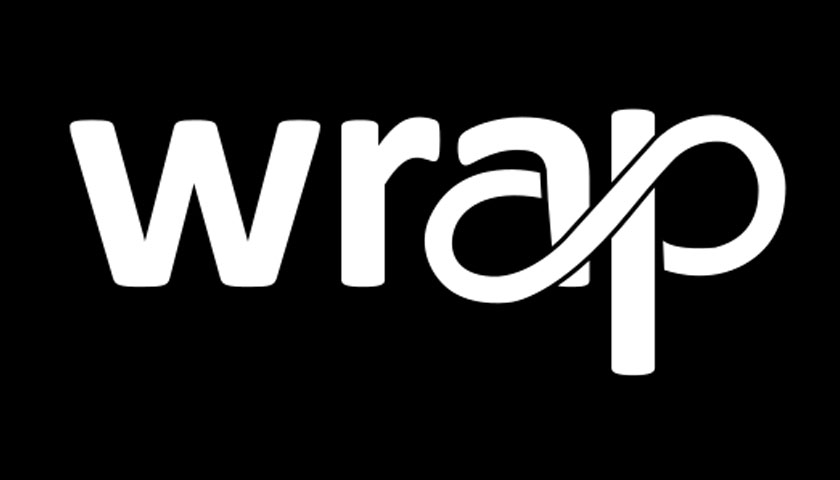Climate action NGO, WRAP, has published two reports which inform its recommendation to UK Government of an Extended Producer Responsibility scheme for the UK’s fashion and textiles industry.
The two reports (Textiles Policy Options paper and supporting Cost Benefits Analysis) provide Government with the evidence and insights necessary to make an informed decision on textiles policy in the UK. The work includes a shortlist of policy options, the outcomes of each and their effectiveness as standalone policies, or in support of other options on the list.
Textiles Policy Options
This report sets out the extensive policy options that could help the Government cut the amount of waste and carbon emissions associated with the UK textiles industry. To achieve the main aim of halving textiles in residual waste over the next 10 years, a significant increase in reuse and recycling is needed. WRAP’s policy options report takes key steps forward in the process of producing evidence to inform policymakers by setting out potential policy measures and starting conversations with industry about how these measures should be designed.
Cost Benefits Analysis
This report builds on the evidence found in the Textiles Policy Options report, looking at the environmental, societal and financial impacts on businesses and consumers. WRAP believes that an Extended Producer Responsibility (EPR) will play a vital role in shifting to a circular economy. EPR is a proven method to get brands and retailers to take responsibility for the whole value chain of their products, including what happens to them after they get disposed.
Because the textiles industry is globalised, businesses that will be affected by policy measures are keen that they should be harmonised with developments in international policy such as the EU strategy for sustainable and circular textiles.
There is a need for further stakeholder engagement, to confirm the arrangements for EPR and agree the structure for fees at the outset of the policy.
WRAP recommends a simple fee modulation from the outset, which could be added to over time if there is a need to include additional measures within the requirements of the EPR.
WRAP’s recommendations:
- Extended Producer Responsibility (EPR) for the UK’s fashion and textiles industry.
- Eco-design criteria to improve product durability and recyclability, together with effective product labelling.
- Restrictions on landfill and incineration.
- Grants and loans to develop recycling infrastructure.
- An increase is separate bring-banks and kerbside collections appropriate to geographical location.
WRAP views policy as an essential tool that will complement and enhance the current work of WRAP’s pioneering Voluntary Agreement for the textiles industry, Textiles 2030.
This agreement plays a key role in bringing together businesses to drive progress towards a circular, sustainable system and supporting industry transformation but it is policy intervention which is needed to incentivise more action towards Textiles 2030’s ambitious targets, and accelerate change for more businesses.
Claire Shrewsbury, Director of Insights and Innovation at WRAP, said: “As a result of the research we carried out, discussing options with stakeholders in the Textiles Policy Options report, and now weighing up the costs and benefits using Cost Benefit Analysis, WRAP recommends that the government introduce an EPR for the UK’s fashion and textiles industry. To achieve the best results the policy should be introduced with supporting measures including setting standards for eco-design, which will mean products last longer and are made to be recycled.”

